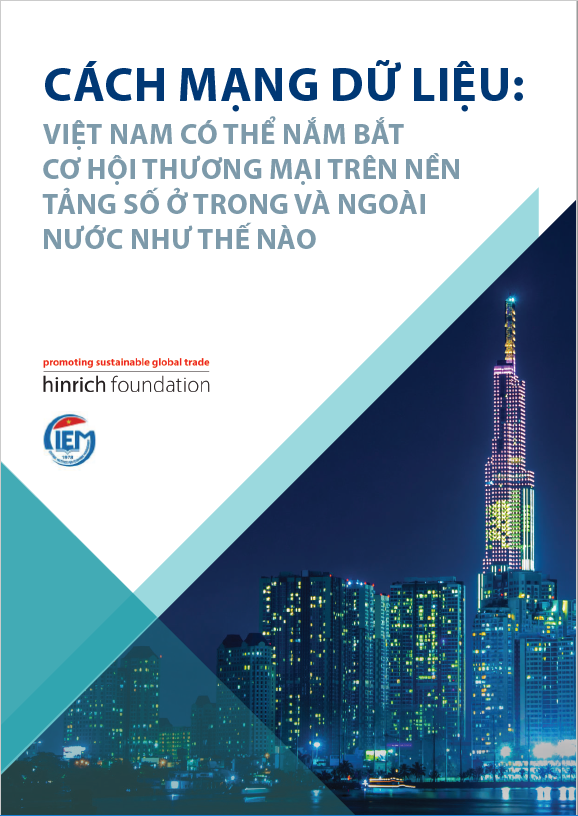The digital economy, which is primarily driven by technological advancement, has dramatically changed international trade and altered business models around the world.
In fact, the Fourth Industrial Revolution - identified by the merger of the digital, biological and physical world, and rapid usage of advanced technology like AI and IoT - has forced governments to keep up with the rapid proliferation of technology. This has resulted in Digital Trade being included as a separate chapter in trade treaties. Earlier it was dealt in annexures, side documents and statements.
The flow of goods, services and payments electronically was hardly recognised 15 years ago, but the twenty-first century technological ecosystem has enabled it to have a greater impact on the global GDP.
According to Mckinsey, the volume of cross-border bandwidth that is used in trade has grown 45 times since 2005 and this is expected to grow an additional 9 times by 2021.
Free flow of information, smartphone penetration, e-commerce, improvement in financial technology services and easy internet access has provided impetus to countries to keep a tab on the flow of data, its collection and storage, and security and privacy. These elements are now needed to be dealt in domestic and international policies, and therefore have found space in the new generation trade agreements.
In the past few years, Vietnam has been one of the countries which has negotiated and entered into new generation of free trade agreements. The presence of technology giants such as Samsung and Foxconn in the country have helped in building technological infrastructure, which is increasingly being seen conducive to digital trade as well.












